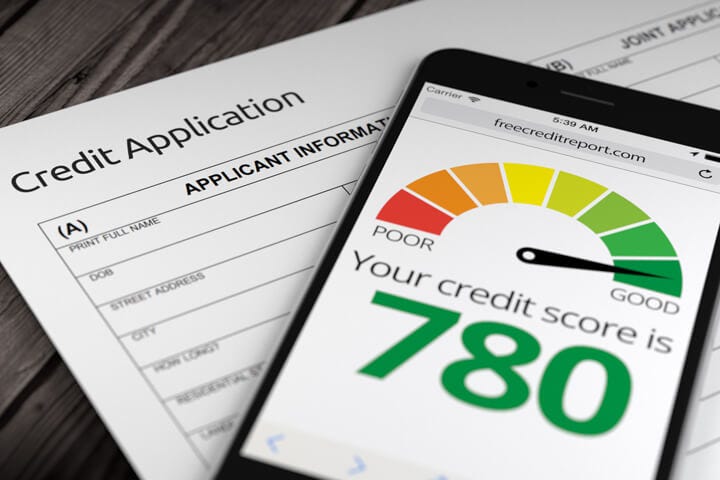Maximizing Credit Scores with Credit Repair
For many individuals, a good credit score is an important part of personal finances. A higher credit score can open the door to better interest rates on loans, credit cards, and other financial ventures. For those with low credit scores, repairing credit can seem like a daunting task. With the right strategy, however, credit repair is possible – and it can even be relatively quick and easy. Here are some tips for maximizing credit scores with credit repair.
Check for Errors
One of the first steps in the credit repair process is to check for errors. Errors can occur due to various reasons, including human error or simply being a victim of identity theft. Checking for errors suggests requesting a copy of a credit report from credit reporting agencies like Equifax, Experian, and TransUnion. These reports provide detailed information about an individual’s credit history and can offer insight into potential errors. If errors are found, the credit repair process starts with contacting the credit reporting agencies and having the errors officially corrected and removed from the report.
Set Up a Payment Plan
If an individual is having difficulty staying on top of payments, setting up a payment plan can be an important step in the credit repair process. Reach out to creditors and work out acceptable payment terms. This could be paying a lower amount each month or setting up an automated process that ensures payments are made on time. No matter the method, having appropriate payment plans in place can help improve credit scores.
Pay Off Debts
Paying off debts is probably the most effective way to repair credit and maximize credit scores over time. Start by prioritizing debts that carry the highest interest rates and focus on paying them off. If able to, consider getting a loan to pay off debt and reduce payments using the loan. The key is to keep payments consistent and in exchange, credit scores will steadily improve.
Regulate Account Usage
Lastly, it is important to regulate account usage. Credit repair means being aware of how credit accounts are utilized. For example, consistently using more than 30% of the credit limit on a card can hurt the credit scores. Track spending and keep an eye on credit utilizations to ensure they remain in check.
When it comes to credit repair, the most important factor is consistency. This process can be daunting but each of these tips can help in the journey. A good credit score takes hard work and patience, but the end result is worth it.

